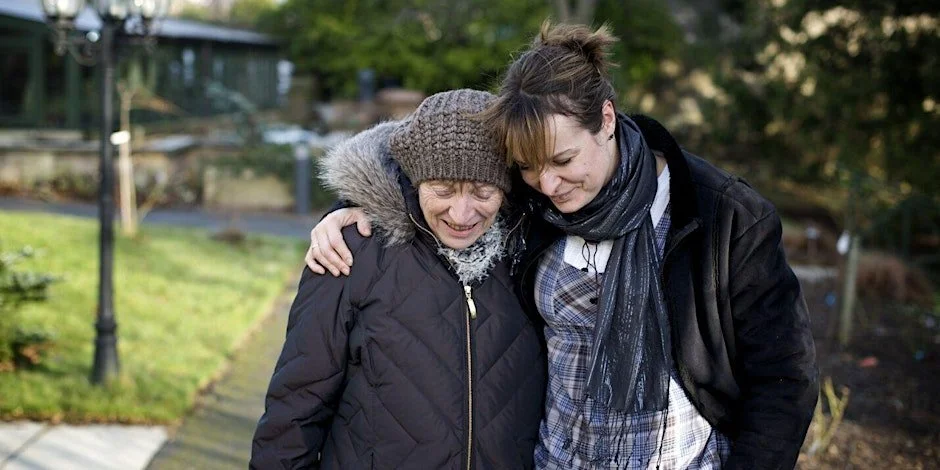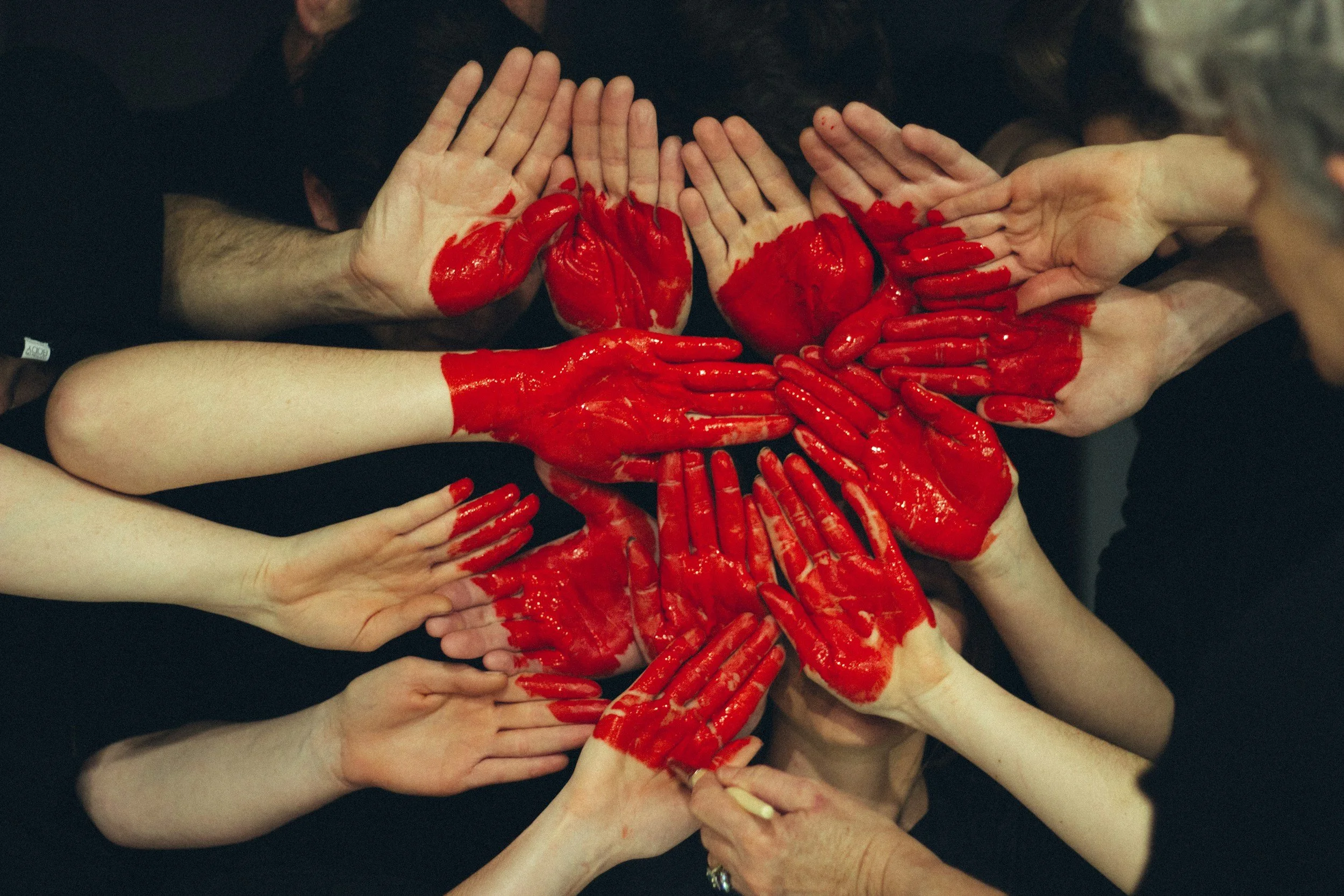How to create an inclusive Christmas
For most people, Christmas is a time of joy, peace, and spending time with friends and family. But if we really stop to think about it, most of us will at some point feel overwhelmed, emotional and have the increased sense of wanting to get back to ‘normal’.
Image courtesy of Pexels
If we then go further and look at the festive period from the viewpoint of a person living with a dementia, there’s the potential for additional stress and distress. Elements of Christmas that we take for granted and probably don’t think twice about could actually make the period less enjoyable for some individuals. Let’s take a look at some ways we can make the next few weeks’ more inclusive.
Overstimulation
Like any celebratory occasion, we must consider the impact of loud music, bright lights, sudden changes to the environment (putting up decorations), larger crowds of people and how this may impact the person living with a dementia. It’s probably fair to say we’ve all been there: at a night out and the music is so loud you can’t hold a conversation without shouting and shoving your ear in someone’s face. For some individuals the increase in noise can be a barrier to participating and you may see some people retreating into themselves and ‘not being social’. If you then think about adding in additional sensory stimulation, such as bright and flashing lights, lots of faces (some of which you might not recognise) and Christmas decorations, you can start to understand why it could become quite overstimulating.
How do we fix overstimulation? This is a great opportunity to involve the person with dementia when decorating: give them choice, control, and responsibility. They might not be able to do all the decorating, but they could decide what they want up and where. If you’re having music playing, keep the music at a lower volume and ask what type of music the individual may want. Try and keep rooms clutter free and minimise busy groups of people and overstimulating/multiple conversations.
Changes to routine
Christmas for most of us will likely have a change to our routine, even if we spend part of the time working. The majority of us will have traditions, such as the anticipation of a visit from Santa for the kids, visiting loved ones, maybe a church visit, and very probably a traditional meal. Often people feel that, if their loved one is in care, then they “feel better” being taken from that environment into another (family home, hotel, or restaurant). While this might be the case for some, a sudden change of routine (and an overwhelming one at that), might cause unnecessary stress for some individuals.
How do we keep to routines at Christmas? For people living with a dementia, we must ensure we keep to their routine as much as possible, do not try and over complicate things for the sake of 24/48 hours. It might make more sense to ask others to come into the person’s environment and not the other way around. We want the person living with a dementia, to feel safe, secure, and orientated to their surroundings. If you can, ask them what they want to do.
Dietary Changes
We all eat and drink differently at Christmas and we should consider the implications of this for those we care about. Over filling plates, rich food and drink can have significant effects on an individual with a dementia. We know taste buds change, resulting in the person living with dementia, not always liking foods they may have enjoyed before, and they may also salt foods heavily to try and achieve taste. Nutritionally, we should encourage foods that offer balance.
How do we accommodate dietary changes? Try to keep to familiar foods which will encourage eating. No, it might not be the traditional turkey and trimmings, but it’s more important that someone eats than tradition dictates. You could try to give the individual the choice and ability to control portion sizes (buffet style may help). If possible, give the person with a dementia the opportunity to help prepare food items.
Emotional Wellbeing
Christmas may evoke specific memories for loved ones, and it is important to be aware of emotions during the Christmas period. Music can be a memory trigger, with songs stirring memories which can be both positive and negative. Within care environments, it’s also important to remember that not everyone has family, or friends who are nearby, so it may generate feelings of isolation or loneliness.
How do I support emotional wellbeing? Try to be generally aware of emotions, music and conversations that are happening. If you can, ask the individual what music they would like on, or if there’s anything they don’t want to hear. Take time to sit and chat and hear the thoughts, feelings, and emotions of the person. Never camouflage emotions, do not immediately try and reinforce them with positivity. Instead, validate, support and just be there in that moment.
Other points to consider
If you have the opportunity, try and involve children in the Christmas activities and visits. This usually has a very positive and meaningful effect.
Encourage socialisation, but be aware of the above points. Give the person the opportunity to be included, but also the choice to come away for a period.
Santa. Please consider the implications of “dressing up as Santa”, particularly around people living with a dementia and older people. What exactly does this do? What message does it send? It’s worth taking a step back to consider these points and remembering that Santa is traditionally for children.





